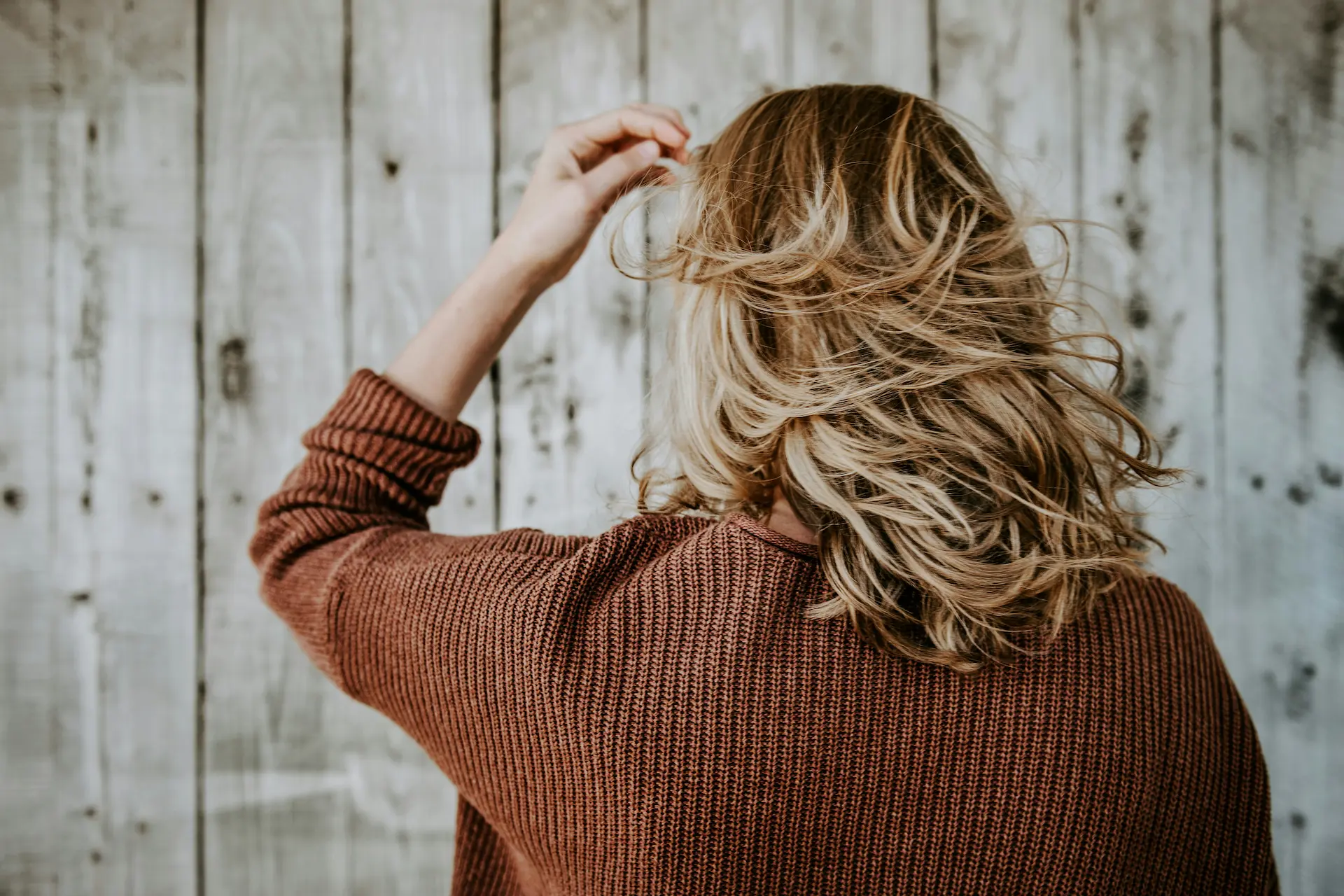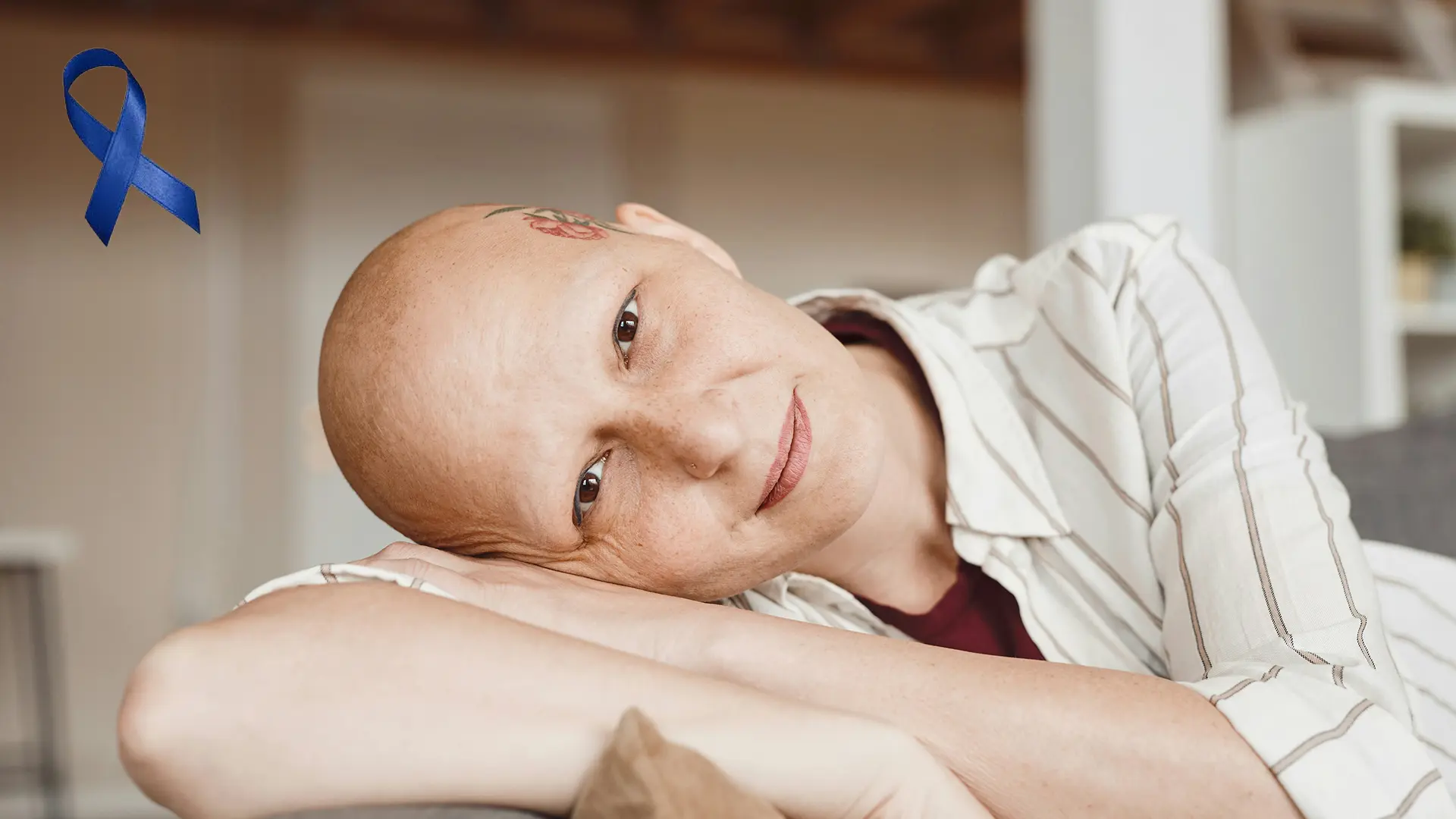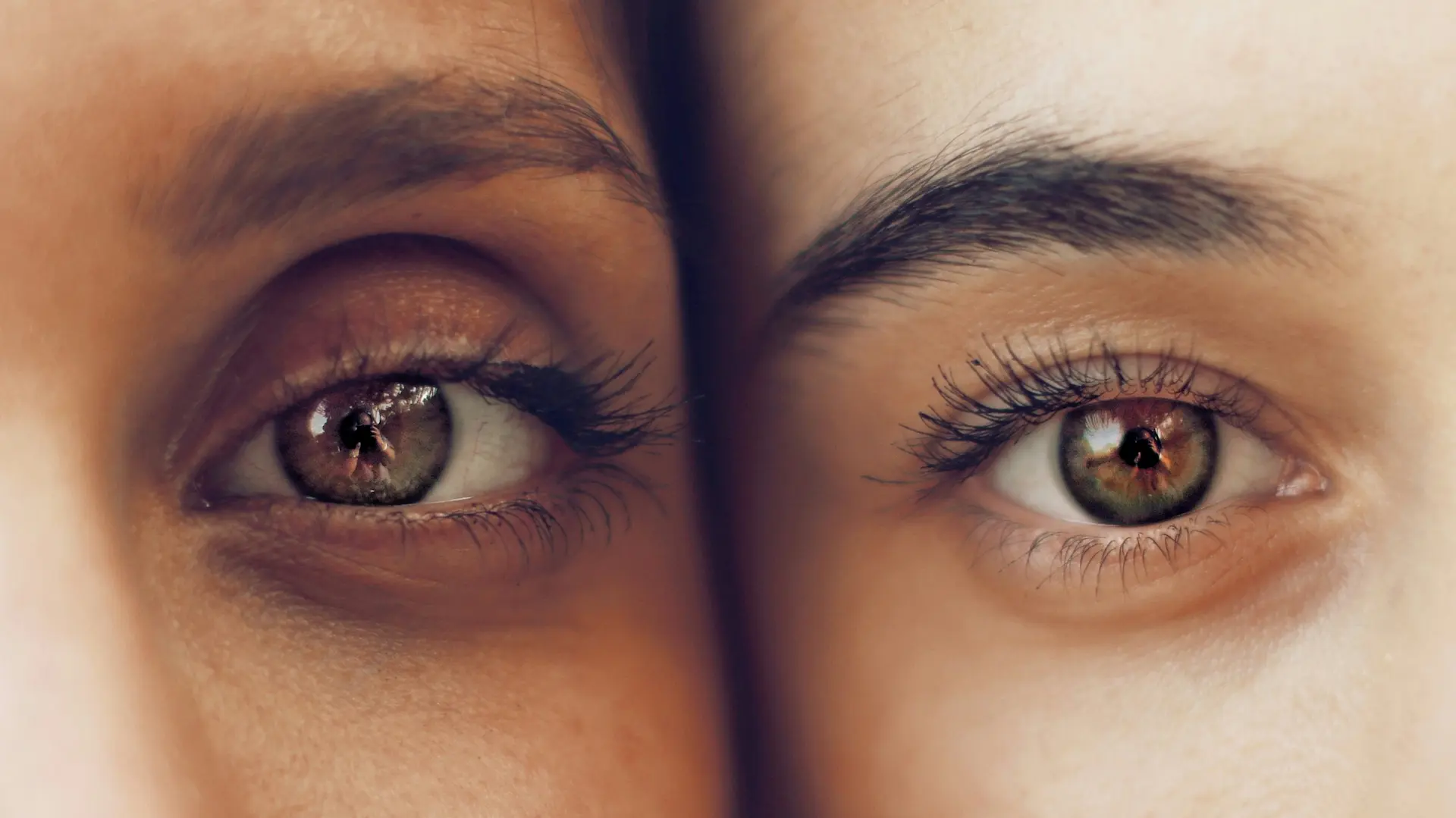This article uses the public speculation around the Princess of Wales’ recent hair appearance to highlight broader issues surrounding hair loss, wigs, and societal double standards. It argues for empathy, respect, and a shift away from appearance-based judgement. Key points include:
- How speculation about Kate’s hair exposes society’s obsession with whether women’s hair is “real,” particularly after illness
- Why hair loss is deeply connected to identity, femininity, and emotional wellbeing for many women
- The stigma surrounding wigs compared to the acceptance of other beauty enhancements like extensions or false lashes
- How public scrutiny of celebrities’ hair loss impacts everyday individuals who read and internalise these comments
- A call to stop focusing on appearances and instead recognise character, resilience, and personal boundaries
The article ultimately encourages a more compassionate conversation around hair loss, reminding us that what matters most is not what’s on someone’s head, but who they are.
When Hair Becomes a Public Obsession
Bronde, extensions, wig? – this is the speculation that has driven hordes of social media hair sleuths into a frenzy as the Princess of Wales debuted lighter locks during a public engagement at the Natural History Museum last week. While Kate has acknowledged the impact of her cancer diagnosis, treatment and her current recovery, she has never commented on the status of her hair, so shouldn’t the rest of us respect that decision, applaud her tenacity and grace in returning to her duties and stop the intense scrutiny?
Why Does Hair Matter So Much to Identity?
Whilst we don’t - and don’t need to – know the personal story behind Kate’s recent hair update, it has sparked conversation around the importance of hair to our identity.
Hair Loss Is Never Just Hair
Globally recognised as leading authority in luxury human hair wigs and hair pieces, we have held the hands of thousands of women through their hair loss journey – whether caused by alopecia, menopause, chemotherapy or an autoimmune condition – so we know it isn’t just about losing hair.
The Emotional Cost of Hair Loss
For many of our clients, it’s a traumatic loss of control, identity, femininity, and the fear of not recognising yourself in the mirror. Over the last five decades, we’ve learned the importance of being able to look like yourself during this challenging time, even when you don’t feel like it. Not only does this provide reassurance for yourself, but also for those around you - especially for younger family members. The online speculators who feel entitled to a ‘gotcha moment,’ seeking to out someone as a wig wearer with a throw-away comment display an astonishing lack of empathy and compassion, trivialising what, for countless individuals is a profoundly emotional journey.
Why Are Wigs Still Treated Differently?
In a world where negative commentary around women’s bodies has become progressively off-limits, Kate’s hair seems to be truly fair game. What makes the escalating wig hysteria more bizarre is how easily and effortlessly other beauty tweaks are embraced by society. Hair extensions for example are overwhelmingly popular and despite the obvious similarity of being a product that adds more hair to a person’s head, they somehow avoid the shame and stigma that wigs tend to attract. Why are wig wearers made to feel embarrassed about wearing a wig, but celebrities wearing false nails or false eyelashes are not subject to the same scrutiny or even shame?
When Public Figures Are Forced to Speak
The Princess of Wales is not the only public figure whose hair has been pored over in recent times. Notably, the backlash and ridicule faced by Jada Pinkett Smith after that awards ceremony forced her to comment publicly about her alopecia. Last month, Team GB Rugby star Heather Fisher, who has lived with alopecia for over 10 years wig-free, spoke of wigs being thrown onto the pitch during games. It seems with wig-wearing, you’re damned if you do, and damned if you don’t. We absolutely believe in the power of sharing stories, and at Mandeville London, we’re currently partnering with fertility and health coach, influencer and hair loss and wig-wearing advocate Liberty Mills @mills.liberty as she publicly shares her experiences of hair loss to bust myths and break down taboos.
The Impact Beyond Celebrity Culture
It seems that no celebrity is immune to this public baiting around hair loss. Not only is it a gross misunderstanding of the human condition to believe that ‘celebrities’ are somehow not affected by negative comment, it also has an impact for countless ‘normal’ people reading the comments, who are made to feel they are not accepted either.
Looking Beyond What’s on Someone’s Head
The real tragedy is that while we obsess over whether someone’s hair is ‘real,’ we miss the chance to see what is real - their character, their achievements, their message. Royal or not, hair loss should not define you or diminish what you bring to the world. Perhaps it’s time to stop speculating on what’s covering someone’s head and shift the focus to what’s within it.
Find out what to say if someone asks if you’re wearing a wig here.
Frequently Asked Questions
Why has there been so much speculation about the Princess of Wales’ hair?
Speculation increased after she appeared with lighter hair during a public engagement, despite never commenting on her hair herself. Social media curiosity and a fixation on whether women’s hair is “real” quickly took over the conversation.
Why is hair so closely linked to identity for many women?
Hair plays a powerful role in femininity, self-expression and confidence. When hair is lost or changes due to illness or treatment, it can deeply affect how women see themselves and how they feel seen by others.
Is hair loss more than just a cosmetic issue?
Yes. For many women, hair loss represents a loss of control, identity and emotional security. It is often a profoundly personal experience, especially during periods of illness or recovery.
Why are wigs still stigmatised compared to other beauty enhancements?
While extensions and cosmetic enhancements are widely accepted, wigs continue to attract unnecessary shame and scrutiny. Despite serving similar purposes, wigs are often unfairly judged in ways other beauty choices are not.
Why does public scrutiny of celebrity hair loss affect everyday people?
When celebrities are publicly criticised or questioned about hair loss or wigs, it reinforces stigma for non-famous individuals, making many feel judged, excluded or afraid to be open about their own experiences.
Latest blogs

Turning Heads in 2025

Mandeville London proud to add its number to Alopecia Awareness Month 2025

Face Value: Why losing brows and lashes is more than cosmetic

Get the very nearest you can to having your own hair.
We will listen to your concerns, answer your questions and guide you through the process step by step to find the perfect solution that will work for you.


